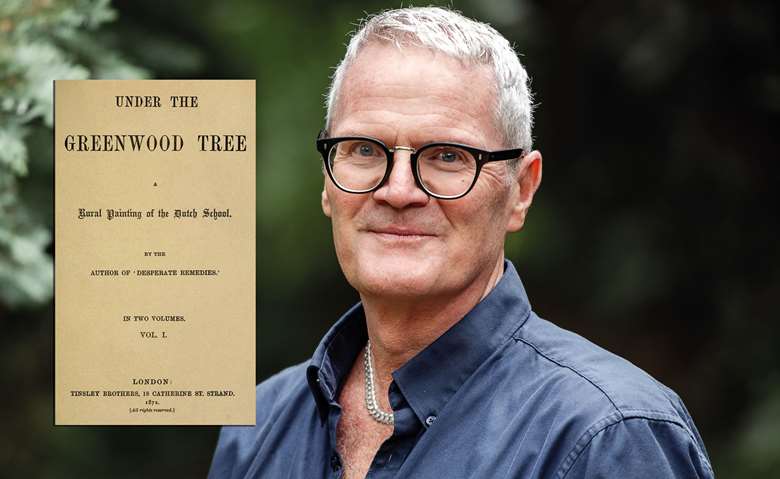Bringing a new opera of Hardy’s Under the Greenwood Tree to life in Dorset
George Hall
Thursday, April 4, 2024
A new opera of Hardy’s Under the Greenwood Tree premieres at Dorset Opera this summer. We meet Paul Carr, the production’s composer and director, to discover the journey of the work’s creation

Register now to continue reading
This article is from Opera Now. Register today to enjoy our dedicated coverage of the world of opera, including:
- Free access to 3 subscriber-only articles per month
- Unlimited access to Opera Now's news pages
- Monthly newsletter






